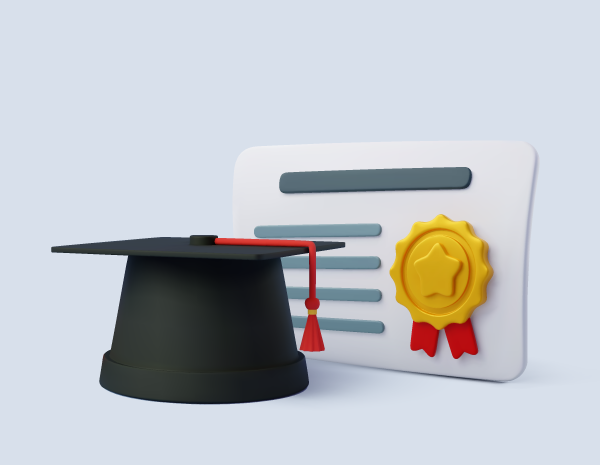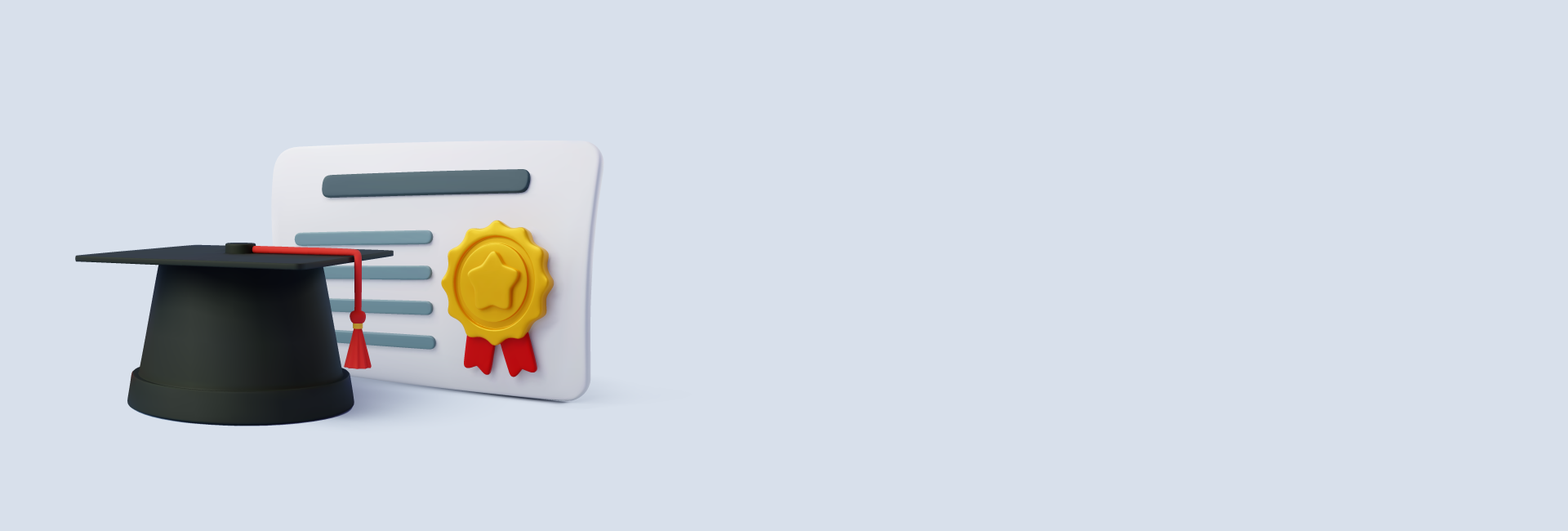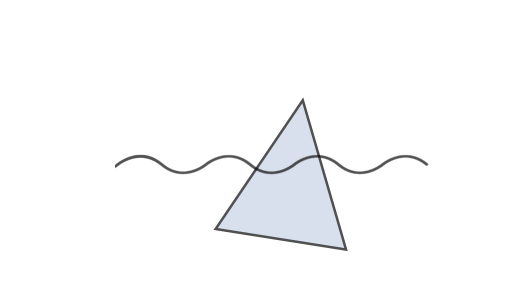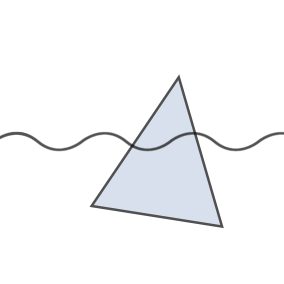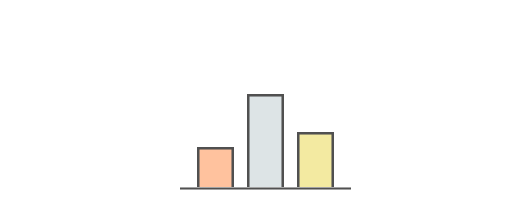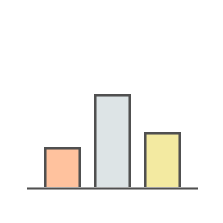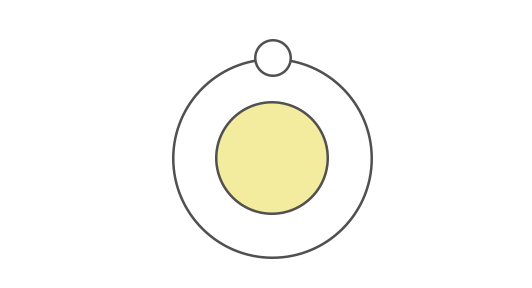Your child will be exposed to new parts and questions of the Secondary English paper like summary writing and personal expository essays. They will also be introduced to higher level demands of the comprehension paper with only open-ended questions.
Components Covered
- Summary Writing
- New component in secondary English syllabus. Students are required to summarise points from a given passage in prose form of up to 80 words.
- Students will learn how to understand the expectations of the question and then identify points in selected parts of the passage to answer the question.
- Composition Writing – Introduction to Expository Essay
- This is a new composition question type that students would not have written in P6.
- Students will learn how to analyse key terms of the expository essay question, construct a clear thesis statement that addresses the question requirements and craft a content paragraph that follows the TLL TEES structure.
- Comprehension
- Tougher questions, with more inferential and language questions and longer passages than what students would have seen in P6.
- Students will learn to identify the different types of questions asked in an expository comprehension, identify the answers to different comprehension questions using clue sourcing skills and apply answering techniques for each type of question.
